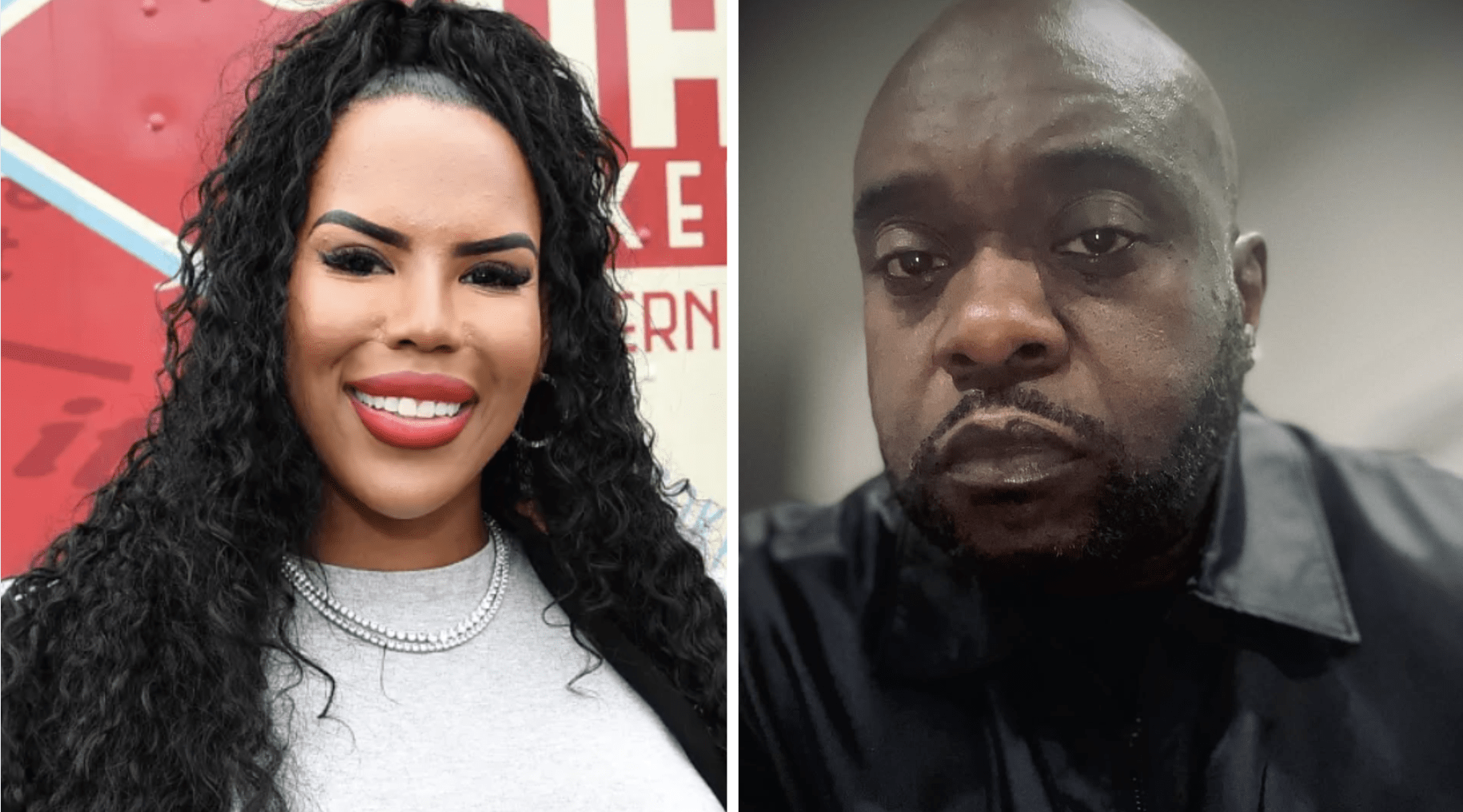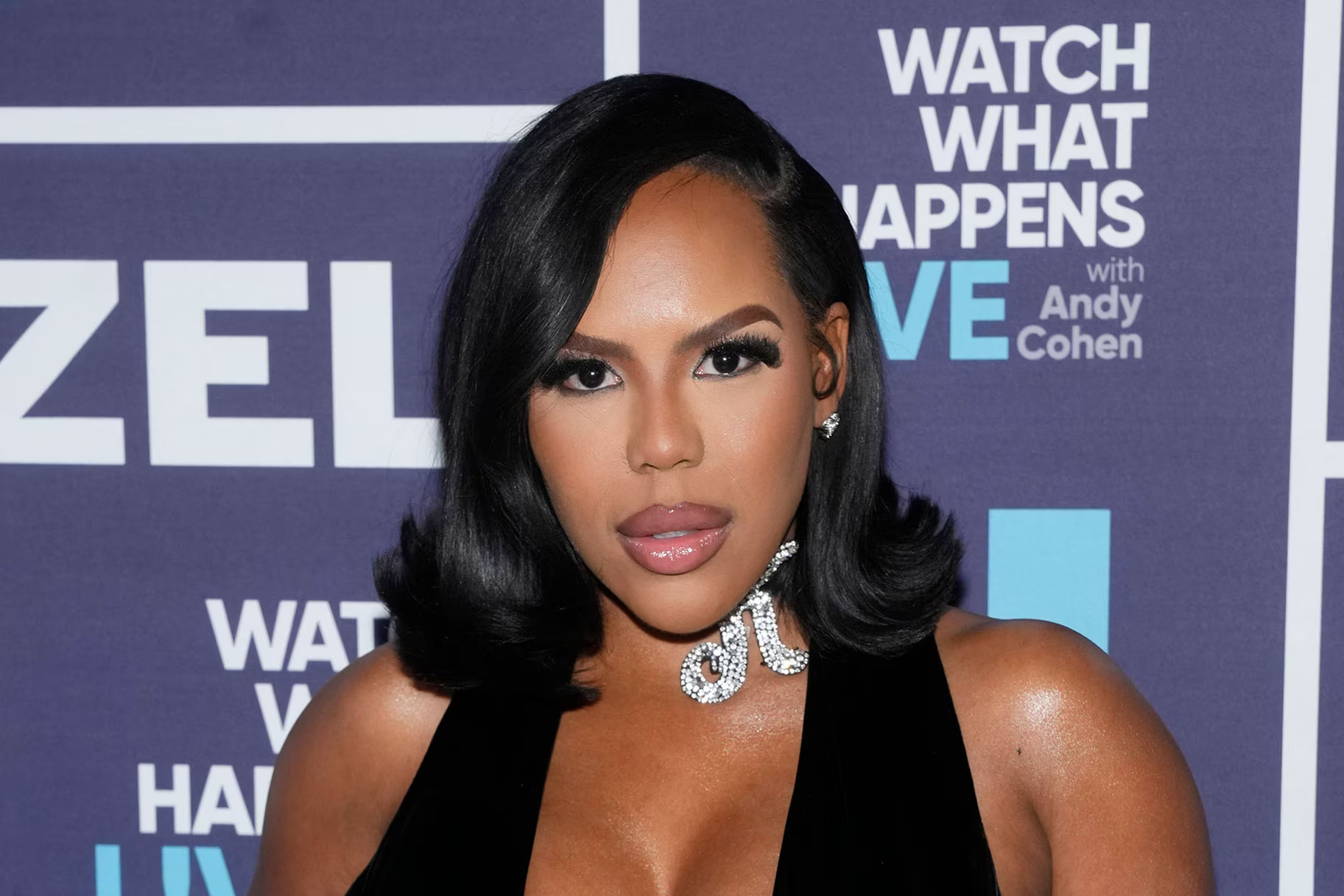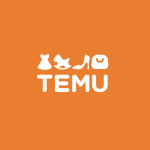$200 Million Reality TV Takedown: Kelli Ferrell's Ex-Husband Sues Bravo—A High-Stakes Legal Clash Threatens the Financial Future of The Real Housewives
The Real Housewives franchise has long been a foundational cornerstone of Bravo's billion-dollar reality TV empire, generating massive revenue and cultural conversation.
However, the network now faces a potentially devastating legal showdown that is forcing a brutal reckoning on the fine line between controversial entertainment and alleged defamation for profit, raising serious questions about editorial liability and brand integrity.
This latest legal news is creating shockwaves across the unscripted television industry, with implications reaching far beyond the Atlanta cast.
Chuvalo Mark Ferrell, the ex-husband of The Real Housewives of Atlanta star Kelli Ferrell, has unleashed a $200 million defamation lawsuit directly against Bravo and its powerful production partners.
He is alleging that the network knowingly broadcast false claims, systematically portraying him to millions of viewers as “a criminal, an abuser, and a fraud” for a compelling, but supposedly fabricated, storyline. This massive financial claim puts both the network's reputation and bottom line at significant risk.

Chuvalo Mark Ferrell, ex-husband of Real Housewives of Atlanta star Kelli Ferrell, has filed a $200 million defamation lawsuit against Bravo over allegations made about him on the show.
The Allegations: A $420,000 Loan and a Broken Reputation
According to explosive court documents, Ferrell claims the Bravo show deliberately aired a false narrative suggesting he had committed domestic abuse against his ex-wife and had stolen $420,000 from her. This substantial sum was reportedly a loan they secured together back in 2022, intended to expand their popular restaurant, Nana’s Chicken-n-Waffles. The show's narrative, however, painted a drastically different picture.
Ferrell alleges that Kelli actually misused the loan funds for various lavish personal expenses, including expensive birthday celebrations, before then strategically blaming him for financial misconduct on television.
Crucially, he states he has since repaid the entire loan amount in full, yet Bravo continued to repeatedly broadcast and stream statements that he argues were highly damaging to both his personal standing and professional business reputation.
He is now aggressively seeking $100 million in compensatory damages for the harm done to his name and business, plus an additional $100 million in punitive damages to "send a definitive message" to the powerful reality network.
The Financial Earthquake: Bravo's Reality TV Business Model on Trial
From a purely financial and business perspective, this $200 million lawsuit is much more than a routine celebrity scandal; it represents a direct challenge to the core profitability of reality television.
The Real Housewives universe alone is estimated to bring in over $150 million annually from lucrative advertising, streaming deals, and international licensing. However, every major defamation or ethics controversy like this forces the parent company, NBCUniversal, to potentially dedicate millions toward expensive legal defense, costly crisis PR, and inevitable settlement payouts—costs that can rapidly erode high-margin profits.
"Reality TV profits are intentionally built upon manufactured controversy, but controversy inevitably comes with a rising cost," explains Michael Levine, a veteran Hollywood publicist. "When the mounting legal and reputational risks begin to seriously outweigh the entertainment value of a storyline, that’s when the entire business model starts to wobble."
The timing of this high-profile suit is extremely critical. As the entertainment industry confronts growing scrutiny over unethical editing practices and consent, production companies are under intense pressure to immediately implement far stronger legal vetting protocols before any controversial episodes are broadcast.
This case could significantly accelerate the demand for "truth-in-editing" standards, a topic of anxious discussion among media lawyers and streaming executives following a wave of recent high-profile lawsuits in the unscripted sector. The sheer scale of the $200 million claim serves as an immediate, massive cautionary flag.
The Legal Volcano: Can Producers Be Shielded from Defamation?
Defamation claims in entertainment are not entirely new, but lawsuits of this unprecedented scale are incredibly rare, especially when they allege deliberate and willful misrepresentation designed solely for the purpose of boosting ratings and profit.
Legal experts emphasize that while reality TV participants like Kelli Ferrell typically sign broad consent and liability waiver agreements, third parties—such as ex-spouses or business partners like Chuvalo Mark Ferrell—are not legally bound by those restrictive contracts, leaving networks dangerously exposed.
"Once a network steps outside the protected circle of consented participants, the producer's creative or editorial discretion transforms into a major legal vulnerability," notes Neama Rahmani, a former federal prosecutor. "If producers knowingly broadcast false statements about a private, non-consenting individual, the usual protections of entertainment law rapidly disappear."
If Ferrell's claims of fabrication and deliberate falsehood prove to be accurate in court, this specific case could critically test the very limits of the "fictionalized reality" defense that networks have historically relied upon to justify their dramatized storylines.
For Bravo, which has faced multiple defamation and privacy-invasion suits connected to its Housewives franchises, this new litigation could force radical changes in how reality programming handles off-screen relationships, private financial matters, and the non-consenting public.
A Human Story: The Reputational Cost of the Lawsuit
Kelli Ferrell, who joined the popular RHOA cast in 2024, has successfully built her public following as a successful restaurateur and businesswoman.
She and Chuvalo Mark Ferrell were married in 2011 and have three shared children; their highly publicized divorce was finalized just last year, in 2024. The defamation allegations, if ultimately proven false by the court, could severely damage her meticulously crafted brand and public image, alongside the overall reputation of the powerful Bravo network.
For Chuvalo Mark Ferrell, who asserts his personal and business reputation has been "shattered" by the televised narrative, the lawsuit is fundamentally an effort to urgently restore his credibility in a world where captivating televised drama often seems to outlive the actual truth online. Bravo has, so far, not issued any public or official statement regarding the monumental lawsuit.
Key Takeaway: The $200 million lawsuit against Bravo is a seismic test of exactly how far networks are allowed to stretch the truth for ratings before the severe financial, legal, and reputational consequences—now $200 million worth—come crashing down on their lucrative business model.
This video from September 2025 discusses the news conference held by Chuvalo Mark Ferrell regarding his lawsuit against Bravo and legal officials.
'Real Housewives of Atlanta' star's ex-husband alleges misconduct by legal officials, Bravo TV













